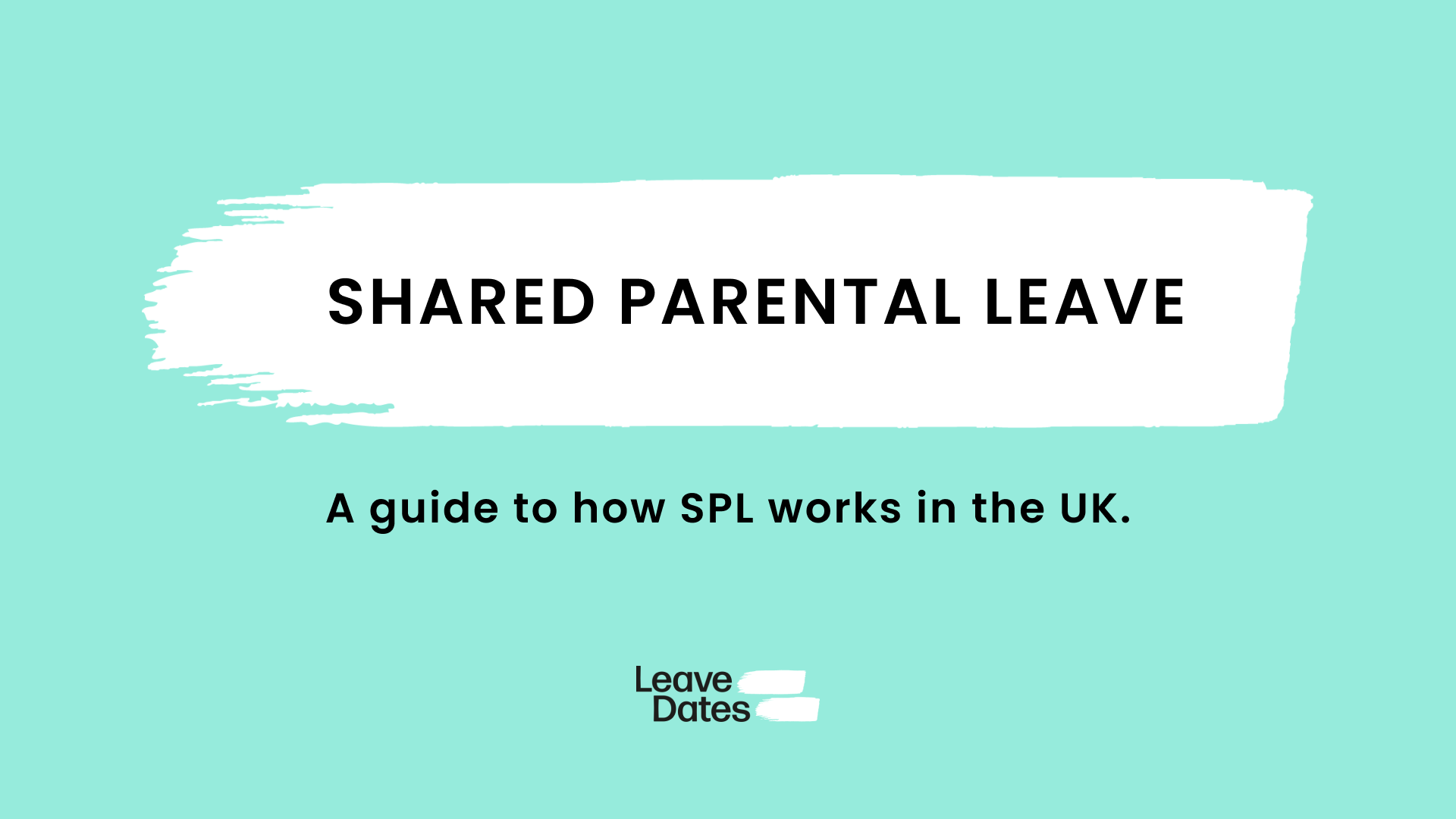
Sometimes, things just don’t work out. None of us is perfect, and we all make mistakes. Those mistakes can be related to hiring decisions. It’s easily done – at interview, people are presenting the very best version of themselves, trying to give the ‘right’ answers and get the job. And hiring managers want to be impressed. They want to fill the vacancy.
But sometimes the gap between the sparkling CV and reality is larger than can be reasonably defended. Perhaps, over time, you see that someone is not quite the team player they made themselves out to be. Or maybe you didn’t spot that they somehow had 15 years’ experience in a new bit of tech released… last year.
So if you’ve caught your new hire surreptitiously copying and pasting their to-do list into ChatGPT with the prompt, “How do I…?”, or you can’t quite put your finger on why but the guy who was everyone’s best mate last year has since given the whole team ‘the ick’, what can you do? They haven’t ‘done’ anything, but you’ve got serious buyer’s remorse – is there a way to turn back time and pick again?
Fortunately, there is – short-service dismissal – but the clock is ticking. This is a rip the plaster off quickly solution that allows you to shake their hand, tell them ‘it’s just not working out, sorry’ and walk away unscathed. No hard feelings and – crucially – no risk of a tribunal or an unfair dismissal claim.
You have to be quick, though –Linda, who has seemingly been with the company since before it was even founded, can (and should) expect a bit more than a ‘see ya’ if you decide she’s got to go.
Table of Contents
Short-service dismissal – what’s it all about?
A ‘short service’ dismissal is one that occurs when an employee has under 2 years’ service. In this period, generally there can be no claim of an ‘unfair dismissal’, unless it is discriminatory or for a prohibited reason (eg pregnancy or whistleblowing). Beyond that, you can dismiss someone without giving them a full reason, though still keeping to contractual terms re: notice periods and pay.
This gives you a pretty big window to realise someone isn’t right for your company, once everyone has dropped their LinkedIn personas and the shine perhaps has worn off, without needing them to really mess up and trigger a performance review or disciplinary process. It’s a handy escape route that lets you avoid the ‘sunk cost’ trap where you don’t want to waste the investment (of time, money) already made, so you invest more and more into something you know isn’t right.
What happens after two years?
Once the two-year ‘short service’ grace period is up (you really should have the measure of someone by now), you need to give a fair and full reason for dismissal. It’s not up to you decide what’s OK here – the Employment Rights Act 1996 sets out the legal criteria for fair and unfair dismissals, and gives five ‘fair’ reasons:
- Conduct
- Capability
- Redundancy
- Breach of statutory duty
- “Some other substantial reason” (SOSR) – to cover unusual cases
Essentially, what this means is that after 2 years, you can’t just change your mind about someone. If you get a weird vibe or they don’t gel with the team, you’re going to have to deal with that through due process.
To dismiss someone after that, they have to actually do something wrong. And usually more than once. Deciding that actually you don’t like them, or their values aren’t aligned, is not a valid reason to let them go if they are qualified, doing their job well and safely, their role is still needed and they haven’t broken any rules.
This is why it’s so important to get the hiring process right, and then focus on really embedding new staff into the team with training, support and close attention in that first two years. As well as helping you to retain all the great talent you’ve recruited, it will also mean you can spot signs of trouble early on, meaning short-service dismissal is an option should you need it.
The risks
While the barriers are certainly lower, short service dismissal is not a get out of jail free card, and it is still possible for a dismissal to be found unfair. Ex-employees can claim unfair dismissal for 3 months after they’ve been let go, so if you want to avoid an anxious wait or a nasty shock, be sure you understand the ‘automatically unfair’ reasons for dismissal. These are things that breach the person’s statutory rights – there are a lot of them, but they broadly fall into these categories:
- Refusing to give up statutory rights, eg to minimum wage, or working more than 48 hours a week
- Refusing to carry out unsafe tasks that put them or others at risk
- Family matters – dismissal cannot be related to someone claiming their legal right to maternity, paternity, adoption or shared parental leave
- Trade Union membership
- Discrimination related to a protected characteristic (age, race, religion, sex, sexual orientation, disability, pregnancy etc)
Discrimination is the biggie, as there is no limit on the amount of compensation that a successful unfair dismissal claim on these grounds can incur.
The best way to avoid any claims of unfair dismissal, even within the short-service dismissal period, is to have a rigorous and fair process for dismissal. This should ideally include an investigation, formal letters, meetings with written records and clear communication throughout.
Key takeaways
Ultimately, no one enters an employment relationship with one eye on the exit. Everyone wants it to work (excuse the pun). For employees, it’s disheartening, disappointing and stressful. For employers, it’s frustrating and costly, a waste of time of money and means another thing on the to-do list in recruiting new staff. It’s not a decision taken lightly and should always be a last resort.
That said, if you have to do it, it is much, much easier to do it early on. Specifically, within 2 years. This makes it a short-service dismissal, which comes with fewer hoops to jump through and makes the process as quick and painless as it can be. But fewer hoops doesn’t mean no hoops, and due process must still be followed and contract terms adhered to.
Strong hiring and onboarding processes will help you minimise the risk of dismissal, but know that if you get the ick, it’s better to be quick!



